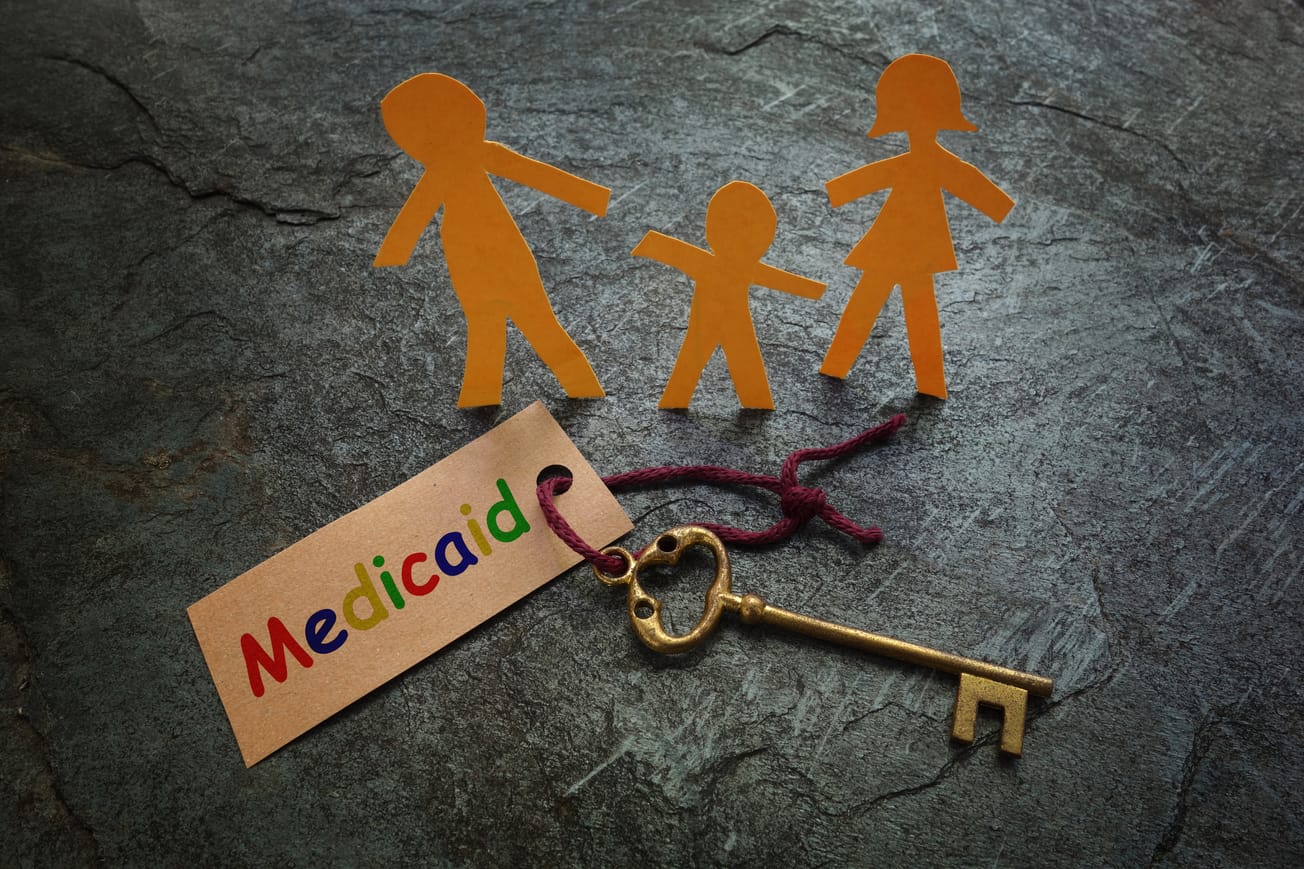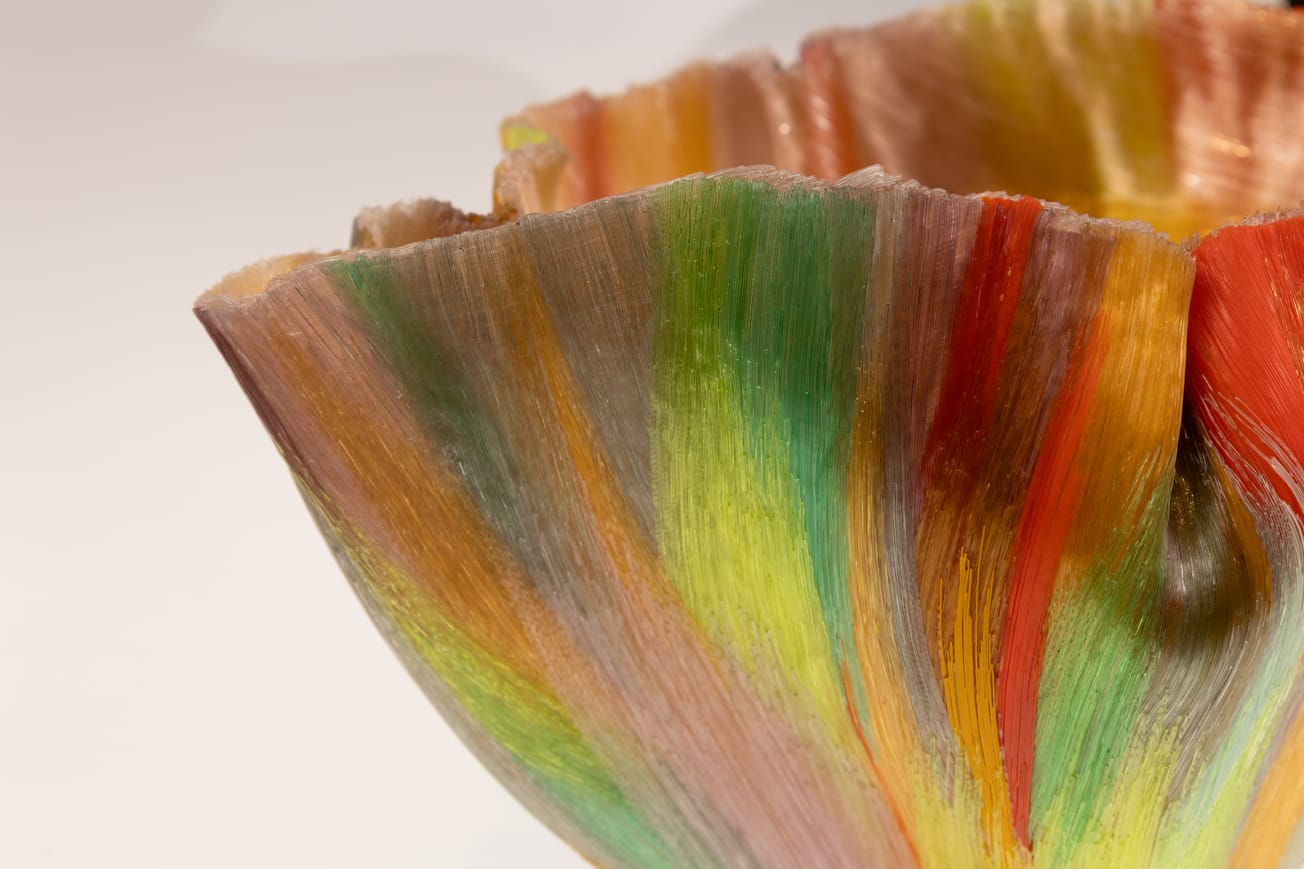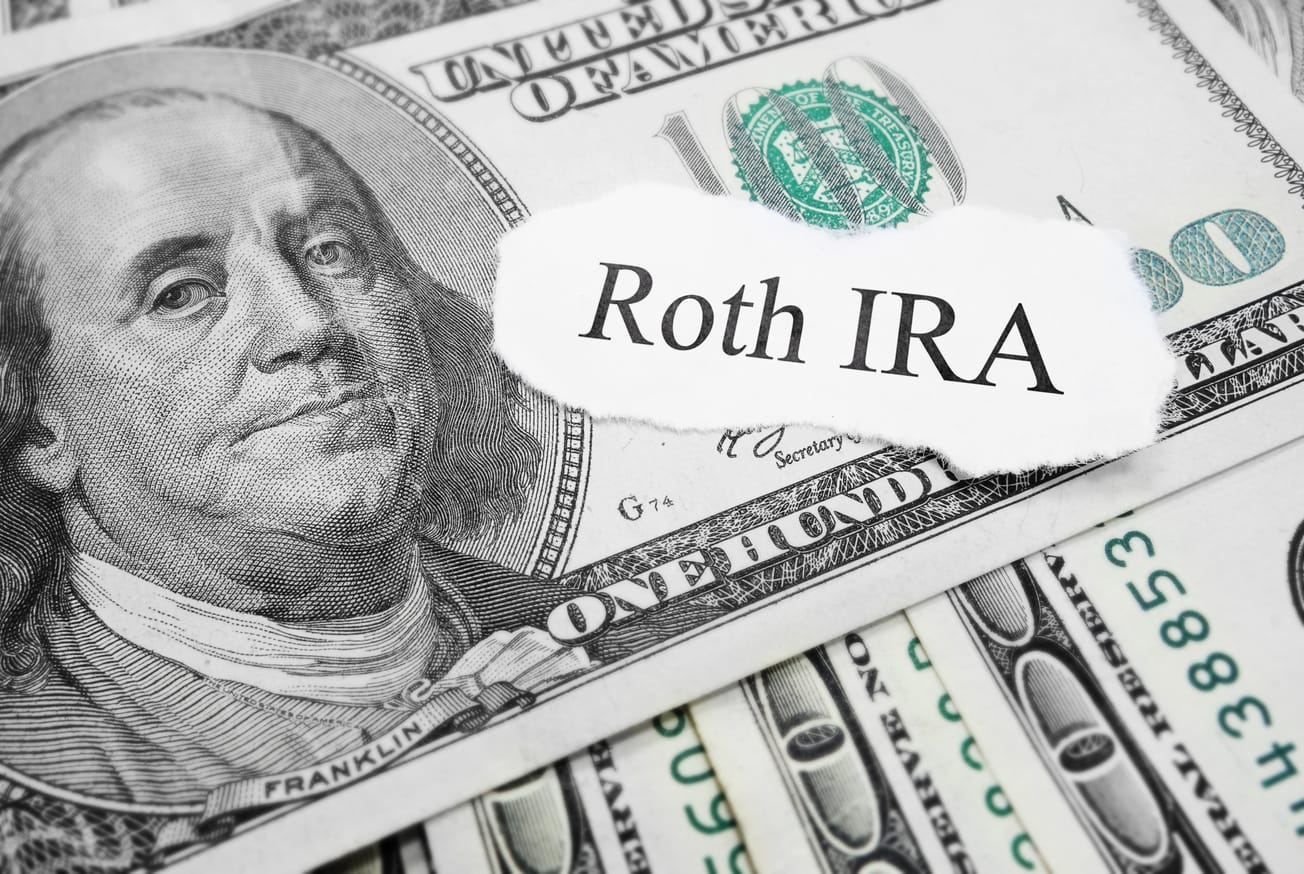If you're a homeowner, your house is likely one of your most valuable assets — both financially and emotionally. However, if you require long-term care, such as a nursing home stay, and rely on Medicaid to cover the costs, New Jersey may place a lien on your home to recover those expenses. Proper planning and understanding of this process are crucial to protect your home.
Medicaid and Your Home During Your Lifetime
To qualify for Medicaid, you must have limited income and assets. Fortunately, your home may be exempt when calculating eligibility — as long as you live in it or if a spouse, minor child, or blind or disabled child continues living there after you move to a nursing home.
However, the exemption for eligibility doesn’t prevent the state from seeking reimbursement. Federal law allows states to place a lien on your home when you become a permanent nursing home resident. This lien prevents you from selling or refinancing without paying back Medicaid. Not all states impose these liens (NJ does), and none can do so while specified relatives, like a spouse, still live in the home.
After Death: Medicaid Estate Recovery
After your death, the state may seek reimbursement for Medicaid payments from your estate. Traditionally, “estate” meant only probate assets—those that pass under a will. However, some states, including New Jersey, have expanded the definition to include non-probate assets. This means Medicaid could pursue recovery from jointly held property or assets in certain trusts.
Estate recovery is delayed until after the death of your surviving spouse or certain relatives who were living in the home. This delay offers families a potential planning window.
Planning Strategies to Protect Your Home
To preserve your home while qualifying for Medicaid, careful planning is essential due to the 60-month look-back period. If you transfer your home or other assets for less than fair market value within five years of applying for Medicaid, the state may impose a penalty, delaying your eligibility.
1. Gifting the Home
You may consider gifting your home to loved ones more than 60 months before applying for Medicaid. This strategy removes the asset from your estate, but it comes with trade-offs: possible gift tax consequences, loss of control, and capital gains tax issues for your children when they sell the house.
2. Irrevocable Trust
Placing your home in an irrevocable income-only trust at least 60 months before applying for Medicaid can protect it from estate recovery. You retain the right to income (e.g., rent) but relinquish control of the property. In New Jersey, Medicaid may still seek recovery for the value of your interest in the trust at death, so consult an attorney to structure the trust correctly.
3. Life Estate
By transferring your home but retaining a life estate, you can live in the property for life, and ownership passes to your beneficiaries upon your death, typically avoiding probate. Your heirs may also receive a step-up in cost basis, reducing capital gains taxes. However, Medicaid may recover the value of your life estate interest at death, so timing and legal advice are critical.
4. Special Power of Appointment
Transferring your home to someone else while retaining a special power of appointment gives you the right to redirect the property to another beneficiary later. This can prevent Medicaid recovery, but it also means you give up the right to live in the house.
Conclusion
Medicaid planning is complex and deeply influenced by state-specific rules. If you're considering strategies to protect your home, it’s essential to plan early and consult with an experienced elder law attorney to ensure your actions are compliant with current laws and maximize protection for your assets.









